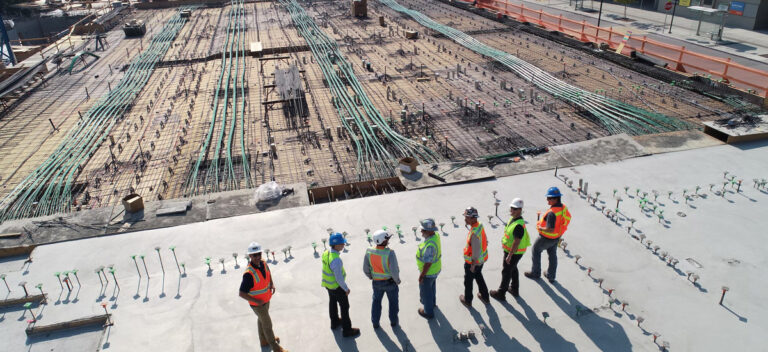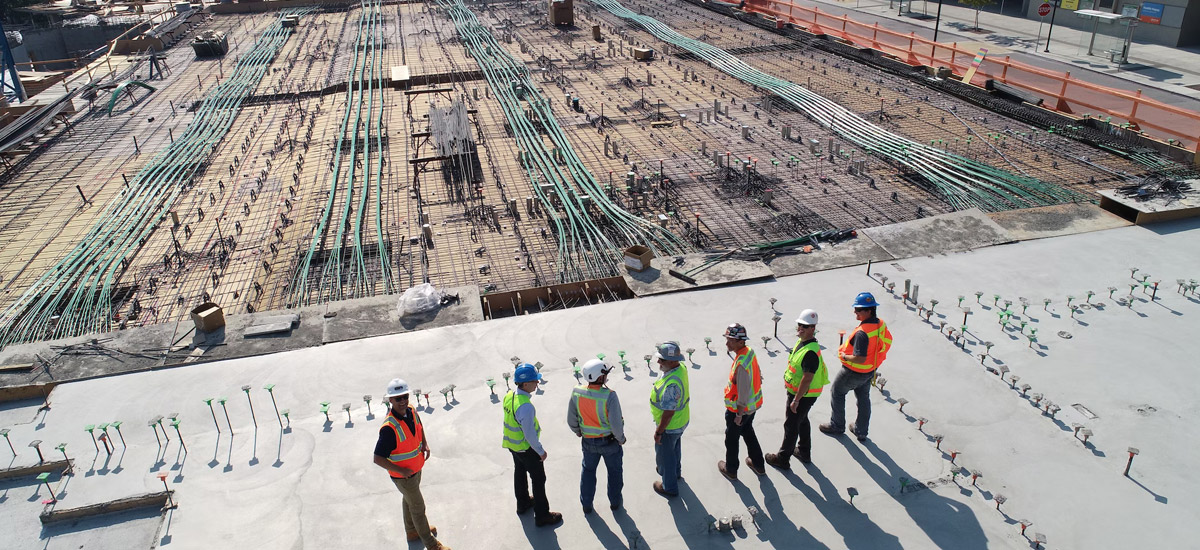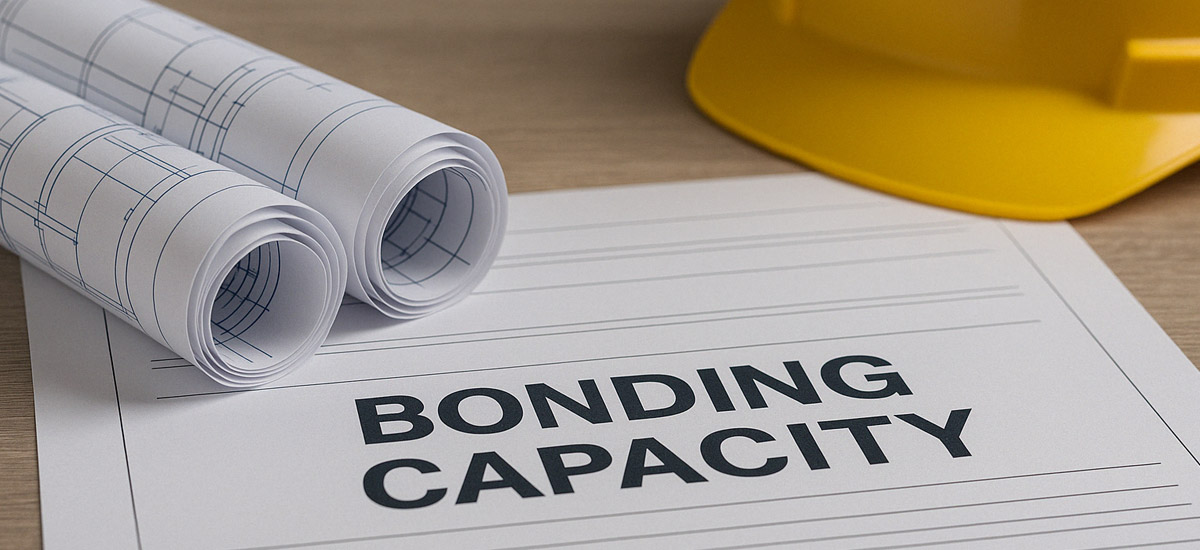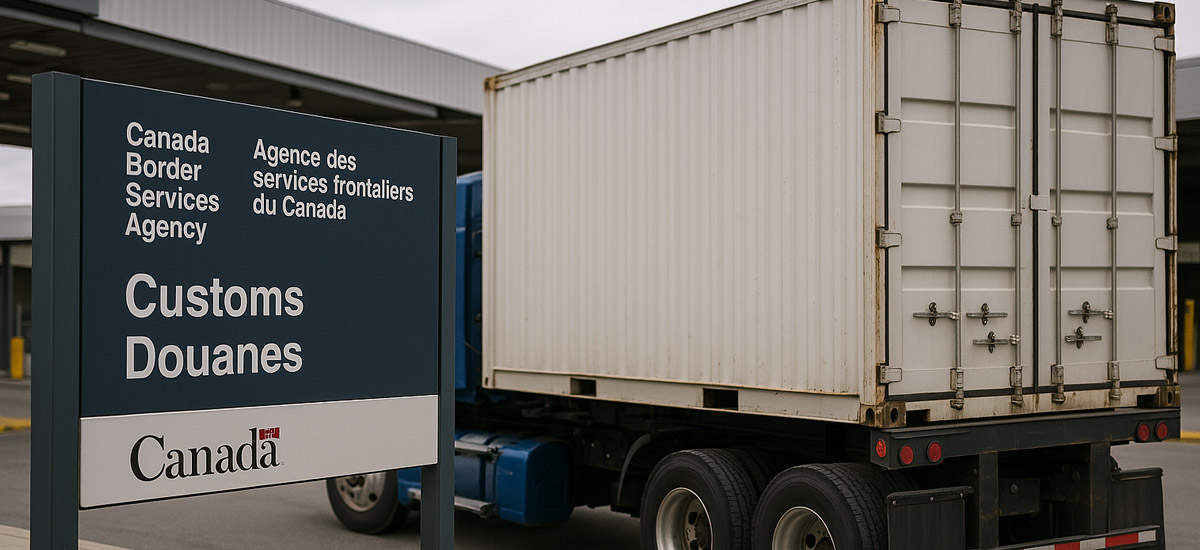As 2024 unfolds, the Canadian surety bond industry stands as a crucial pillar in various sectors, notably construction, infrastructure, public services, development, and imports. Its integral role in assuring project completion and financial stability positions it as a cornerstone in Canada’s economic landscape.
This exploration provides a panoramic view of the industry’s current state and future prospects, highlighting its pivotal role in supporting diverse sectors and safeguarding public & private investments.
The Pivotal Role of Surety Bonds Across Industries
Surety bonds are vital in ensuring the successful completion of projects across various sectors. In construction, they guarantee that contractors fulfill their obligations. In public infrastructure, they ensure that taxpayer funds are used responsibly.
In development projects, these bonds safeguard investments against potential defaults. Similarly, in the realm of imports, they ensure compliance with regulatory standards, protecting the interests of all stakeholders involved.
Construction as a Prime Beneficiary for Bonding
The construction industry, a major beneficiary of surety bonds, relies heavily on these instruments for project stability. Bonds provide a safety net against contractor default, ensuring that projects are completed on time and within budget.
They offer financial protection to project owners and, by extension, to the taxpayers, thereby ensuring that public funds are utilized effectively.
You can learn more on our Construction Bonding page.
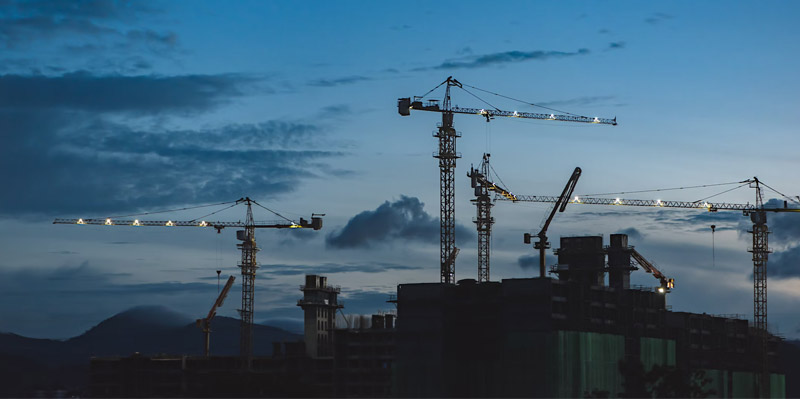
Industry Dynamics: Mergers, Acquisitions & Exits
The acquisition of Echelon Insurance’s surety business by Revau marks a significant event, reshaping the landscape of the surety bond market. Such mergers and acquisitions reflect the industry’s dynamism and its continual evolution to meet the growing demands of a diverse clientele. This consolidation trend is expected to bring about enhanced service offerings and more comprehensive solutions in the surety bond sector.
We also witnessed new entries into the industry recognize the competitive nature of business to be too much to stay afloat with overhead in contract surety.
Get in touch for a bonding consultation
The Fluctuating Underwriting Market
The surety bond market has experienced volatility, with some underwriters struggling to maintain a foothold in contract bonding.
This turnover highlights the industry’s complexity and the need for seasoned expertise in underwriting. It underlines the importance of robust and experienced surety providers who can navigate the intricate requirements of various projects.
Despite these challenges, the surety bond industry is thriving. It continues to offer solid support to construction and other sectors, adapting to economic fluctuations and market dynamics. This resilience is a testament to the industry’s fundamental strength and its capacity to safeguard investments across various sectors.
Construction & Surety Bonds
Canada’s construction landscape in 2024 is marked by an array of ambitious projects. These range from residential building developments to transformative public infrastructure endeavors.
Each project comes with unique risks and complexities, making surety bonds indispensable for managing these challenges and ensuring project completion.
Take British Columbia as an example for incoming infrastructure works. We’re here to guide our clients through any large scale bonding needs as a result of these developments.
Economic Factors Influencing the Industry
Economic elements, such as fluctuating interest rates, directly impact the construction and development sectors. These financial fluctuations necessitate a strategic approach to managing risks and finances.
Surety bonds play a vital role in this context, providing a buffer against unforeseen economic shifts and ensuring the continuity of projects.

The Impact of CARM and Other Regulatory Changes
The impending implementation of CBSA’s CARM initiative in May 2024 is poised to introduce significant changes in customs processes. This will affect customs bonds and guarantees, necessitating adaptations in surety bond offerings.
Such regulatory changes underscore the need for industry players to stay abreast of evolving standards and requirements.
The Role of Bond Connect in the Evolving Landscape
In this dynamic environment, Bond Connect emerges as a key player, offering specialized expertise in surety bonds. Its focus on providing tailored bonding solutions positions it as an ideal partner for businesses navigating the complexities of the surety bond market.
Bond Connect’s expertise is particularly valuable in light of the industry’s ongoing evolution and the challenges posed by regulatory changes.
Bonding FAQs in Canada
Q: What is a surety bond, and how does it work in the Canadian context?
A: A surety bond in Canada is a three-party agreement where the surety guarantees to the obligee (project owner) that the principal (contractor) will perform a contract according to the terms and conditions. If the contractor fails to do so, the surety steps in to fulfill the obligations or compensate the project owner.
___
Q: Who needs surety bonds in Canada?
A: Surety bonds are commonly required for construction contractors, service providers, and businesses involved in public infrastructure projects. They are also used by companies in import and export, fulfilling regulatory compliance needs.
___
Q: How are surety bond premiums calculated in Canada?
A: Bond premiums in Canada are typically based on the contract size, the type of bond, the duration of the obligation, and the financial strength and history of the principal. Risk assessment by the surety company also plays a significant role in determining the premium.
___
Q: What is the difference between a surety bond and insurance?
A: A surety bond is a financial guarantee that a specific obligation will be met, while insurance is a risk transfer mechanism for unforeseen losses. In surety bonds, the principal is responsible for reimbursing the surety for any claims paid out, unlike in insurance where the insurer absorbs the loss.
___
Q: What are the common types of surety bonds in Canada?
A: The common types include Performance Bonds, Payment Bonds, Bid Bonds, and Maintenance Bonds as contract bonds. Additionally, there are License and Permit Bonds, General Surety Bonds, Subdivision / Developer Bonds, and more.
Concluding the 2024 Canadian Surety Bond Outlook
Looking ahead, the Canadian surety bond industry is set to continue its vital role across various sectors, from construction to imports. Its ability to adapt to market changes and economic fluctuations highlights its importance in Canada’s economic framework.
For entities seeking guidance in this landscape, Bond Connect offers unmatched expertise and support, ensuring that their bonding needs are met with the highest level of professionalism and efficiency.



